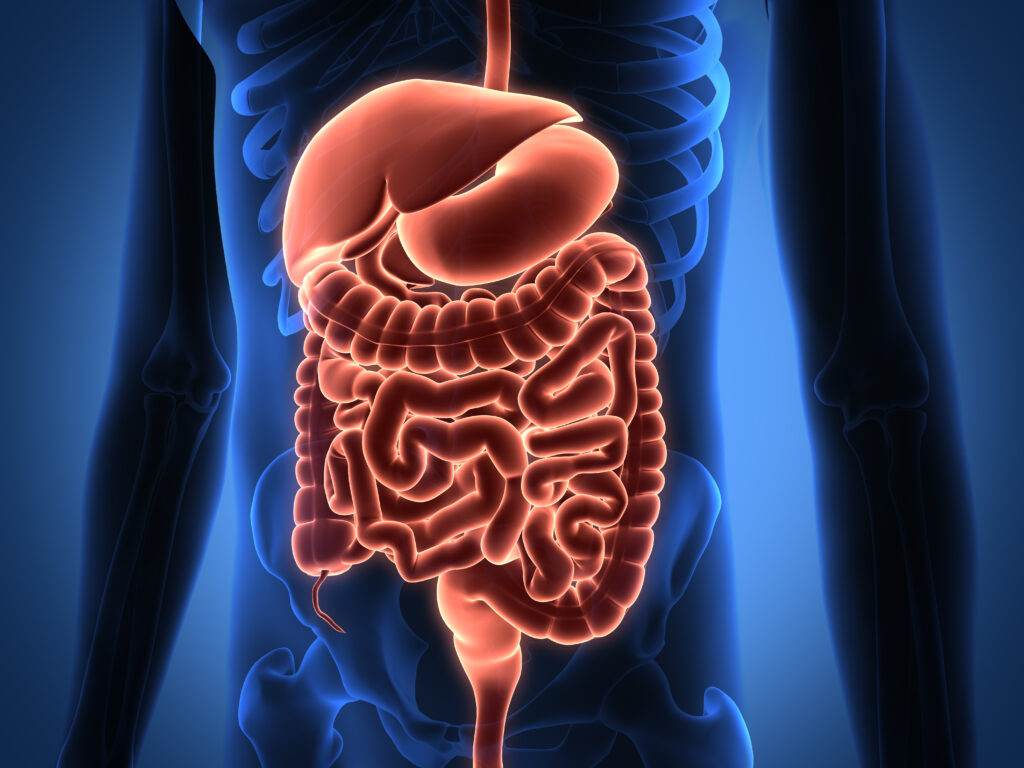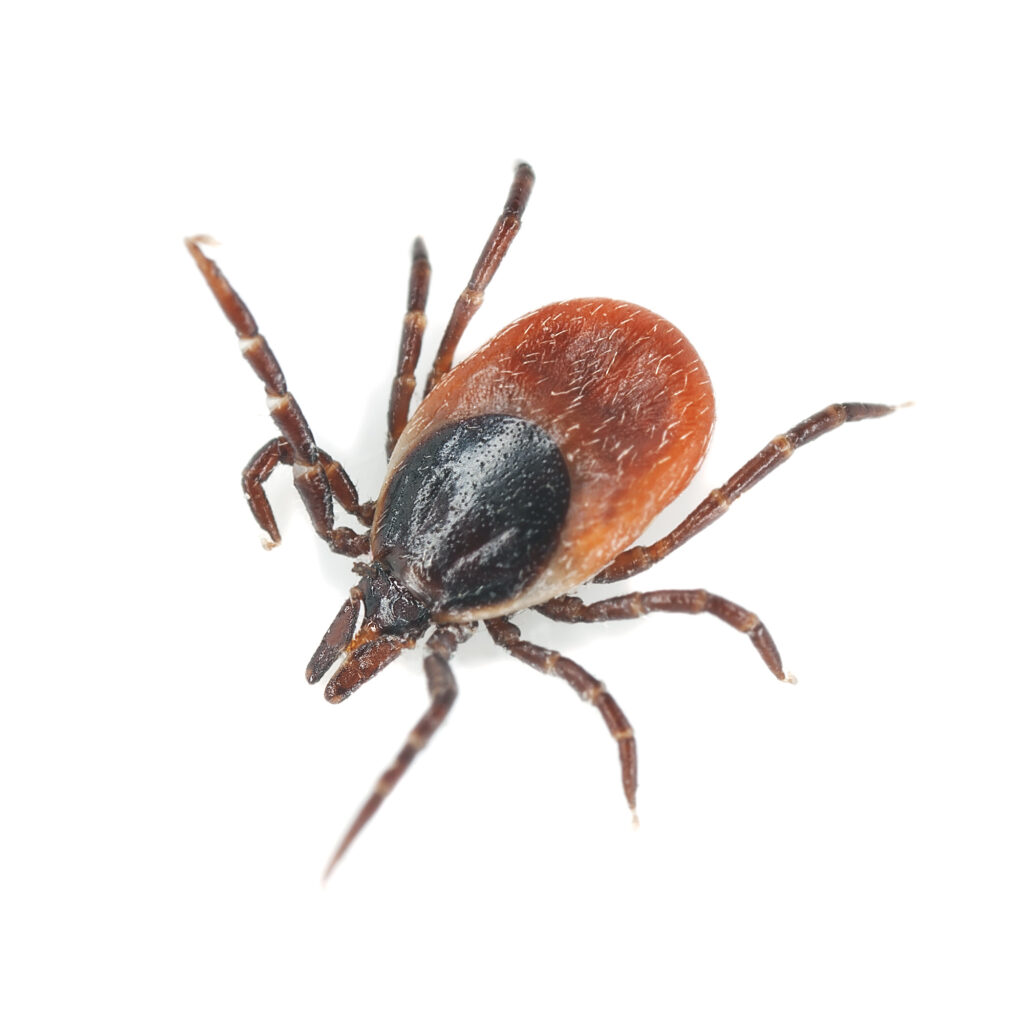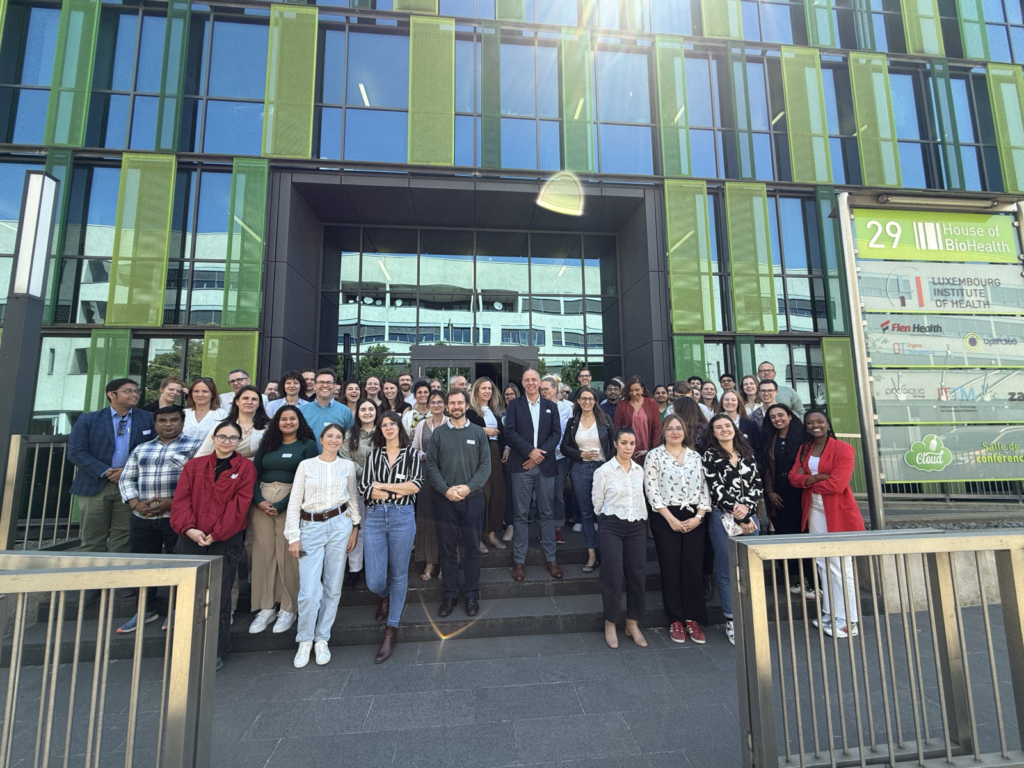News
LIH gut microbiome research “shines” into prestigious international “mirror”
DII paper on diet, microbes and food allergy captures the interest of renowned magazine “Der Spiegel”

On November 4th 2023, the German weekly news magazine published a comprehensive article in its “Medicine” section, covering the latest prestigious publication of the Nutrition, Microbiome and Immunity research group of the LIH Department of Infection and Immunity (DII) on the relationship between dietary fibre intake, mucus-degrading gut bacteria and food allergy.
Der Spiegel, a widely read magazine generally considered to be one the most influential in continental Europe, has been covering extensively the highly innovative research by Prof Mahesh Desai, Principal Investigator of the Nutrition, Microbiome and Immunity group, throughout the years. Indeed, Prof Desai and his team have been investigating the interplay between the gut microbiome, dietary fibre intake and the gut mucosal barrier in the context of various infectious and chronic diseases, making this highly transversal research area of great interest for the general population. Consequently, the group’s work has been featured in the prestigious magazine for the fourth time.
The November 2023 article in the Der Spiegel specifically focuses on the team’s findings that dietary fibre deprivation can result in a change in microbiome composition, namely in the increase of a particular type of mucolytic gut microbe called Akkermansia muciniphila. This leads to the breakdown of the intestinal mucosal barrier lining the interior of the gut, and, consequently, to an inflammatory state in the colon, thereby predisposing the host to enhanced allergen sensitisation. The title of the article – Störenfriede im Schleim (“Troublemakers in the mucus”) – illustrates an important point: A. muciniphila, which is normally a “friendly” bacterium living in the gut and fulfilling a key role in keeping the mucosal layer healthy and functional, can actually be pushed into playing the role of a “villain” under certain conditions, namely a low-fibre diet.
“In the context of a low-fibre diet, Akkermansia makes the mucus more permeable and can also change the behaviour of other members of the community”, says Prof Desai. This could further contribute to causing a loss of immune tolerance towards food allergens in the gut.
Changes in the composition of the gut microbiome, mucosal barrier degradation and gut inflammation are also hallmarks of an array of intestinal disorders, including Irritable Bowel Syndrome (IBS) and Inflammatory Bowel Disease (IBD), and of extra-intestinal autoimmune diseases, like Alzheimer’s Disease, Multiple Sclerosis, Rheumatoid Arthritis, Type 1 diabetes and even Parkinson’s Disease. The article therefore reinforces the notion that feeding your gut bacteria a healthy, fibre-rich diet can minimise the risk of developing food allergies, as well as ensuring gut, brain and metabolic health. Indeed, the article also points out that, according to epidemiological studies, people who consume 25 to 29 grams of fibre every day live longer than average and are less likely to develop colon cancer, type 2 diabetes, heart attacks, strokes and autoimmune diseases.
Understanding the role of the various components of the microbiome and how their functions are affected by external factors like diet therefore becomes the key to preventing and treating a broad range of afflictions, from food allergies to neurodegenerative diseases, thereby giving our work an enormous therapeutic potential for many patients around the world.
adds Prof Desai.
Looking forward, Prof Desai’s team would now like to explain the complicated processes underlying food allergy in greater detail in another publication and identify additional food allergy-promoting gut microbes.
The online article can be accessed here (subscription required) or in the “Der Spiegel” print magazine Nr 45/4.11.2023.
The original Nature Microbiology paper, published on September 11th 2023 with the full title “Akkermansia muciniphila exacerbates food allergy in fiber-deprived mice”, can be accessed here.







